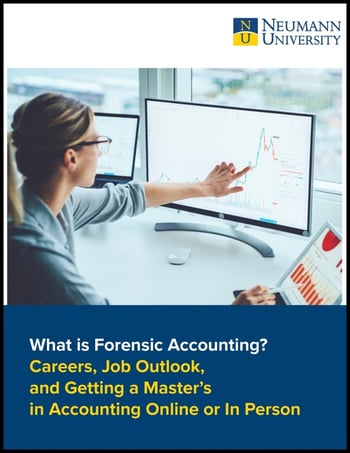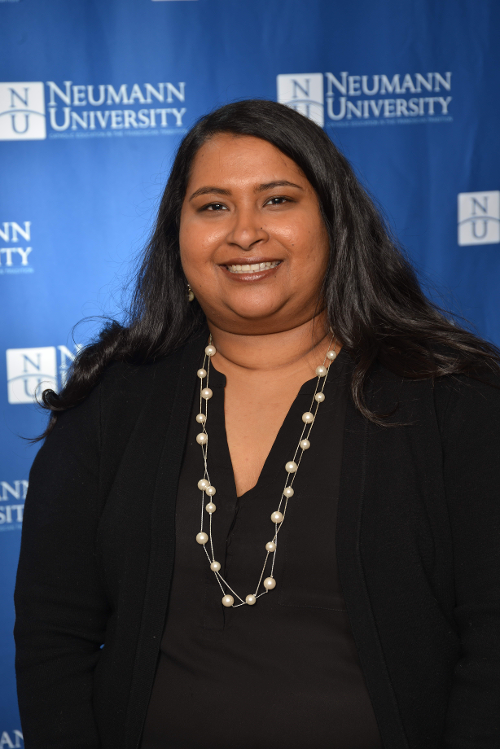
There are a variety of accounting types — revenue, insurance, equity, assets, taxation — but there is one incredibly important branch of accounting that has seen significant growth in recent years: forensic accounting.
In today’s competitive and rapidly-evolving professional landscape, forensic accounting remains a complex discipline — providing training in recognizing occupational fraud, white-collar crime, and financial statement misrepresentation, which is critical to the advancement and success of countless organizations and businesses.
If you’re interested in securing a meaningful career in forensic accounting, it is crucial that you pursue a degree in forensic accounting that will equip you with the skills needed to address challenges related to fraud prevention and investigation.
What is a Forensic Accounting Degree?
Forensic accounting is a booming field. Professionals working in forensic accounting are sharp sleuths are the ones that comb through personal and corporate financial records, looking for discrepancies and evidence of illegal activity such as fraud or other financial crimes.
A Master of Science in Accounting that is specifically focused on forensics and fraud detection is a specialized business degree that focuses on honing your analytical skills, and preparing you to work in a number of different roles across industries.
Sometimes abbreviated MAcc, this degree will give you expert-level training that will allow you to slide into the financial sector of any company. Coursework will provide you with training in subjects such as taxation, auditing, cost analysis, ethical issues, and business law and financial regulations.
Armed with a master's degree in forensic accounting, you will be well prepared to enter the field ready to combat white collar crime.
Job outlook for forensic Accountants:
Did you know that forensic accounting is one of the fastest growing fields within law enforcement?
According to a 2017 survey by the Graduate Management Admission Council, there is a great demand for professionals with an MAcc. The survey reports that 42 percent of companies indicated they planned to hire recent graduates with this degree in 2017, a three percent increase over 2016 hiring rates.
The U.S. Bureau of Labor Statistics (BLS) found that the median annual salary for accountants and auditors is $77,000, with top-tier accountants earning more than $128,000 annually.
The BLS data also indicates that the demand for accounting professionals is on the rise, predicting seven percent job growth by 2030.
Getting a Forensic Accounting Degree online:
At Neumann University, our Master of Science in Accounting with an Emphasis on Forensics and Fraud Detection is designed specifically for professionals who want to combat white collar crime.
In Neumann University’s MS in Accounting, you will learn how to:
- Collect and examine evidence
- Demonstrate knowledge of transaction reconstruction
- Apply the science of forensics to financial statement analysis
- Investigate tax fraud
- Follow the money with IBM Analyst Notebook
- Demonstrate the theoretical and practical perspectives of digital forensics and cyber crime
- Gain knowledge of the civil and criminal legal system
Ready to become a forensic accountant? We invite you to request more information!
 CHALLENGE
CHALLENGE












